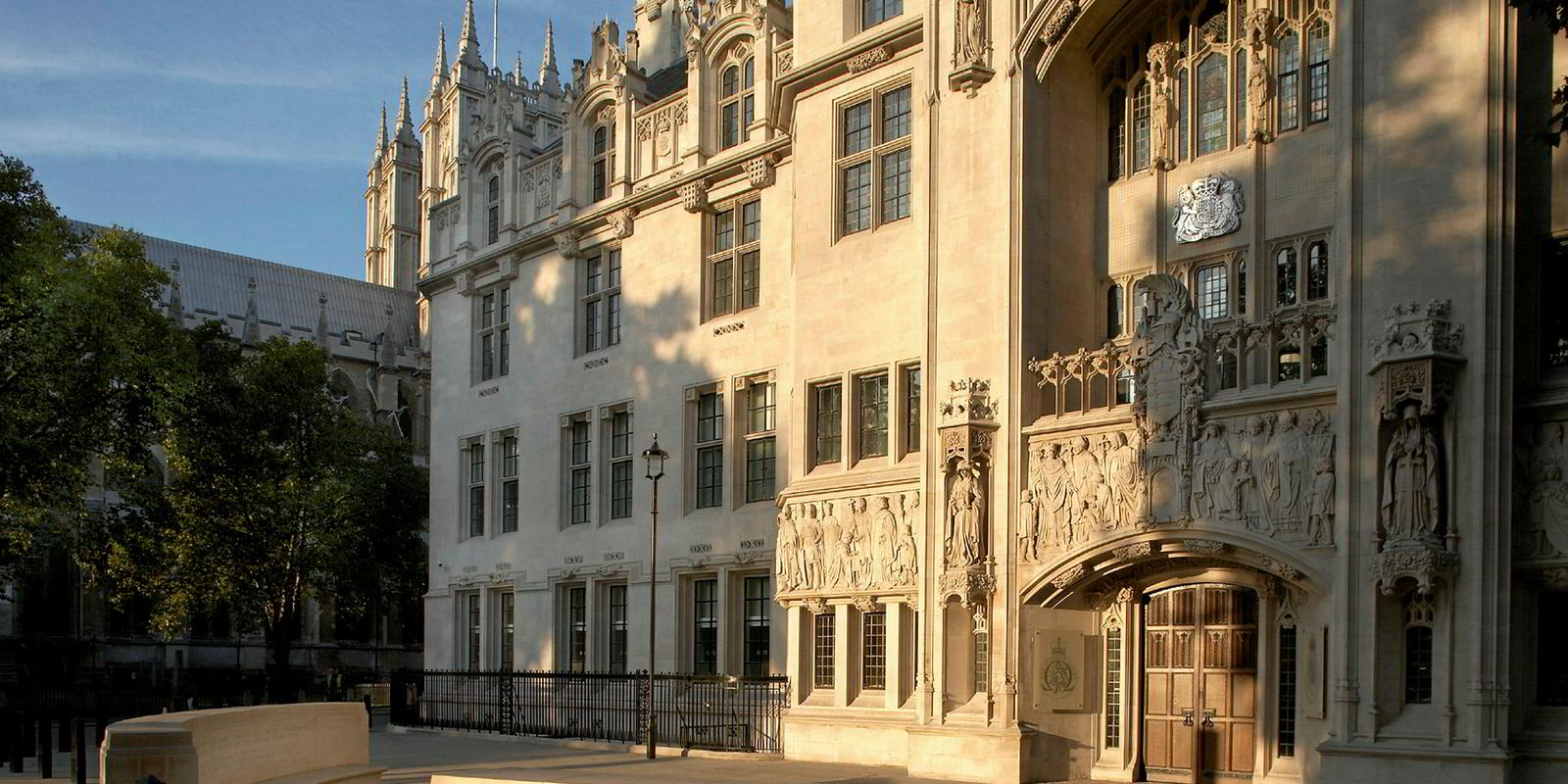A UK court has ruled that a Chinese cargo underwriter is not liable for $2.1m of general average (GA) costs after the breakdown of a fully laden suezmax was attributed to lack of due diligence by its owner.
Singapore law firm Rodgers Liu, representing insurer Ping An, hailed the commercial court decision as a "rare example" of a GA claim being successfully defended.
The case arose from the engine breakdown of the 159,000-dwt Columbia Shipmanagement-managed Cape Bonny (built 2005) in July 2011 en route from Argentina to China, following a catastrophic failure of its number one main bearing.
The vessel was seeking to avoid tropical storm Ma-On and towage assistance was required.
It was not permitted to enter a Japanese port of refuge or to discharge its cargo in the Chinese port of discharge, and was taken to Yosu in South Korea, where the cargo was lightered.
An eight-day trial resulted in Justice Sir Nigel Teare ruling in favour of Ping An.
The owner, Cape Bonny Tankschiffahrts KG, claimed the damage was due to weld slag left in the luboil pipes since its construction.
Teare said: "If there was weld slag left from the building process in 2005 it would have shaken free long before 2011."
Tanker was unseaworthy
Ping An argued that the particles had been generated by spark erosion or by damage to the vessel’s chain drive gear or had been permitted to enter the engine by poor procedures when the crew were cleaning the filters.
It added that there was progressive wear to bearing shells caused by damaged luboil filters failing to remove the particles from the luboil.
The court ruled the bearing suffered from “the presence of wear; there was also the presence of foreign particles (which it is admitted rendered the vessel unseaworthy) and the presence of damaged luboil filters. There can be no doubt that the presence of all three rendered the vessel unseaworthy at the commencement of the voyage.”
Christopher Smith QC, for the underwriters, said crankshaft deflection readings taken by the ship’s crew about a month prior to the voyage indicated “abnormal wear” of the bearing which in turn should have resulted in the bearing being opened up such that the existing wear would have been detected prior to the commencement of the voyage.
The court concluded that “a prudent engineer or superintendent would have decided, in the light of the May 2011 deflection readings, that bearing clearance measurements should be taken. The failure to do so was a failure to exercise due diligence to make the vessel seaworthy.”
Evidence in control of owners
Kathy Liu of Rodgers Liu said the case would be of considerable interest to the technical managers of various fleets and their insurers and is a rare recent example of the court considering the meaning of due diligence in the context of Hague Visby Rules.
She added: "These cases are always difficult because the evidence is inevitably in the control of the owners and their lawyers whereas cargo underwriters may not even know about the casualty until after the repairs are completed and decisions about the cargo already taken.
"The case also demonstrates once again the benefits of exploring a commercial settlement at an early stage where, in this case, owners’ legal costs exceeded the claim amount and where owners will now have to pay cargo underwriters’ lawyers’ costs albeit substantially less than theirs."




